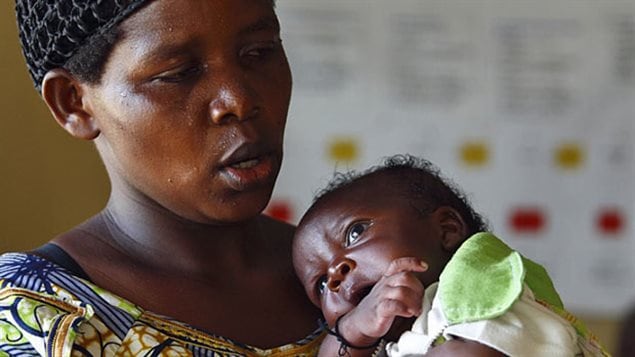Some 6,000 experts from around the world will be in Vancouver this weekend to share the latest scientific advances in the battle to eradicate HIV/AIDS.
The eighth International AIDS Society (IAS) Conference on HIV
Pathogenesis, Treatment and Prevention comes at a crucial point in global efforts to control the pandemic, which first emerged almost 35 years ago and has had a devastating effect on populations in several developing nations, notably in Africa.
According to the World Health Organization, there were approximately 35 million people world-wide living with HIV/AIDS in 2013. About 3.2 million were children.
The UN has set a goal to end AIDS globally by 2030 and some progress is being made.
On Tuesday, UN Secretary-General Ban Ki-moon announced that a
goal to have 15 million HIV-positive people on antiretroviral therapy by the end of 2015 was reached in March, nine months ahead of schedule.
New HIV infections have fallen by 35 per cent and AIDS-related deaths by 41 per cent since the UN set the goal in 2000.
Experts say that’s because antiretroviral drugs have proved effective in suppressing the ability of the human immunodeficiency virus (HIV) to replicate and infect cells.
The three-drug treatment stops the infection from progressing to AIDS.
This weekend’s conference is the second time Vancouver has hosted the IAS meeting in the past 20 years.
It was at the 1996 Vancouver conference that researchers first heard about the effectiveness of antiretroviral therapy.







For reasons beyond our control, and for an undetermined period of time, our comment section is now closed. However, our social networks remain open to your contributions.